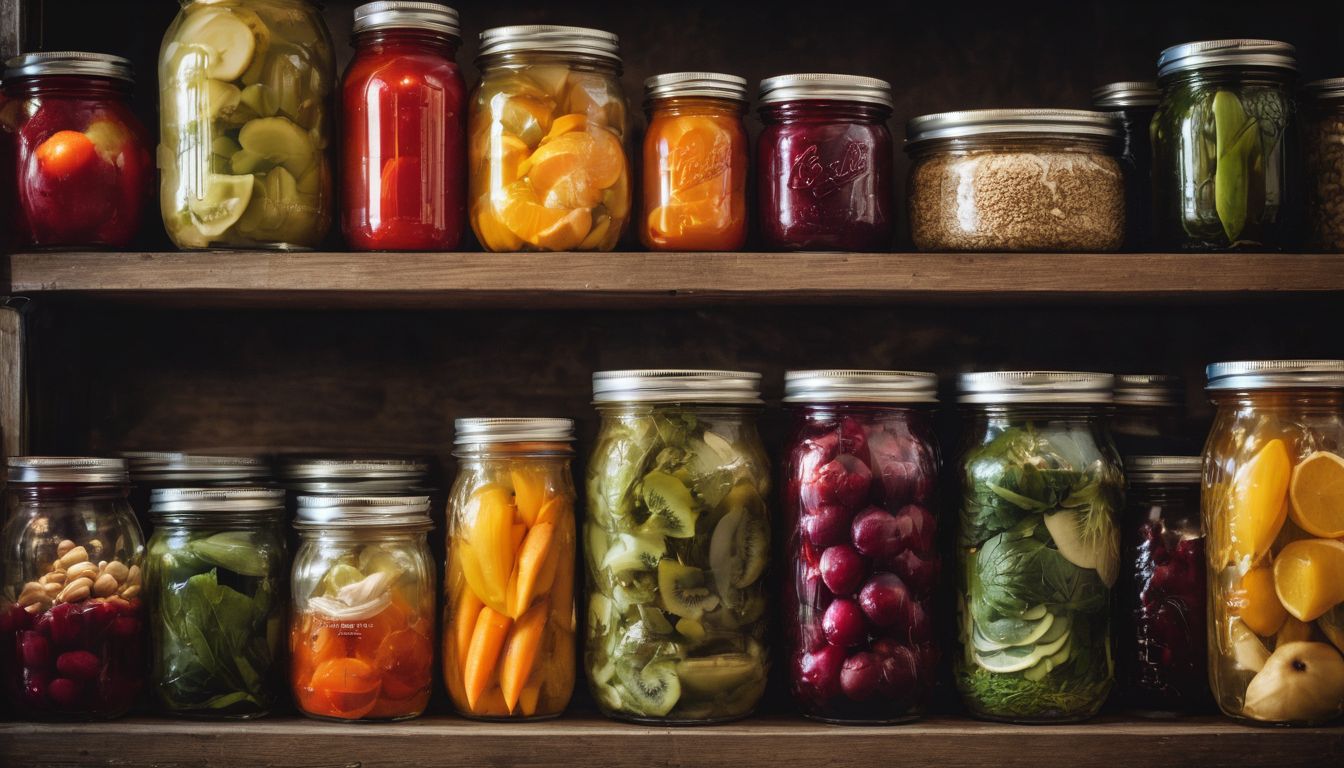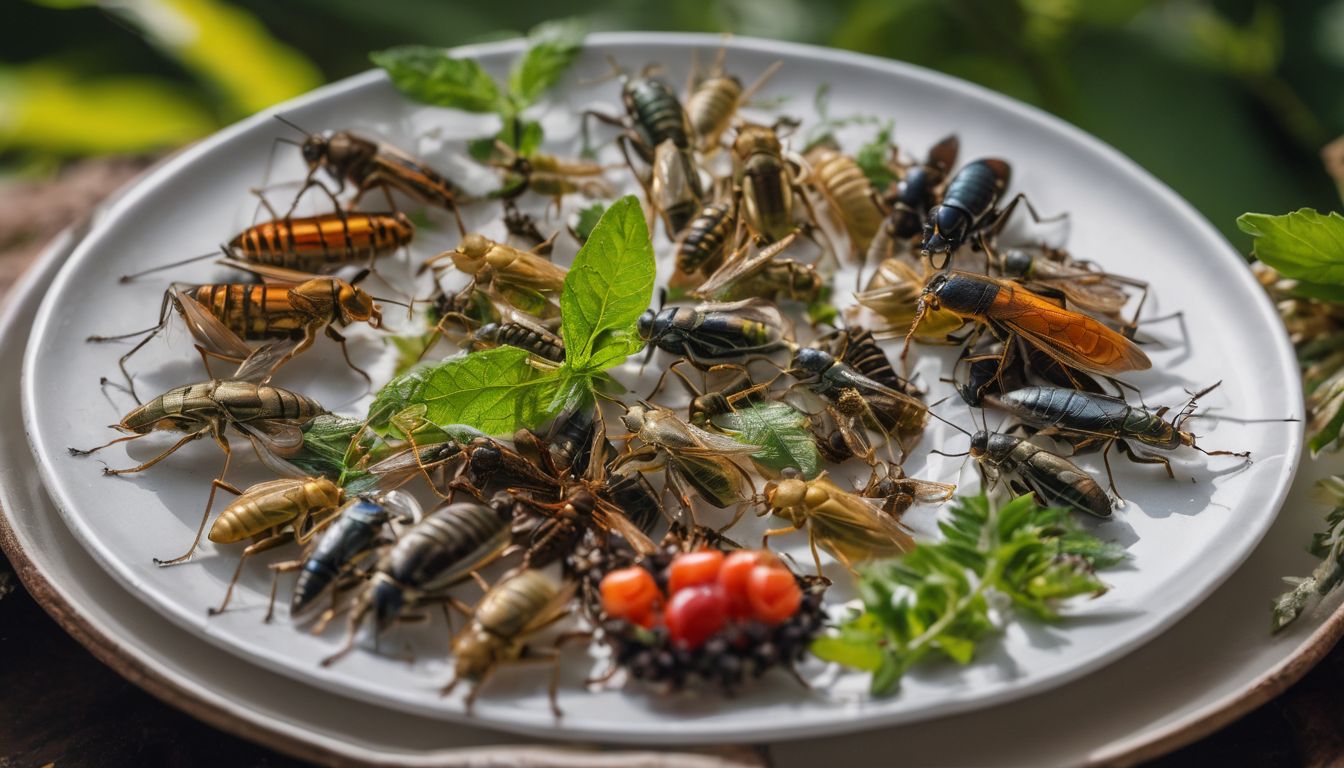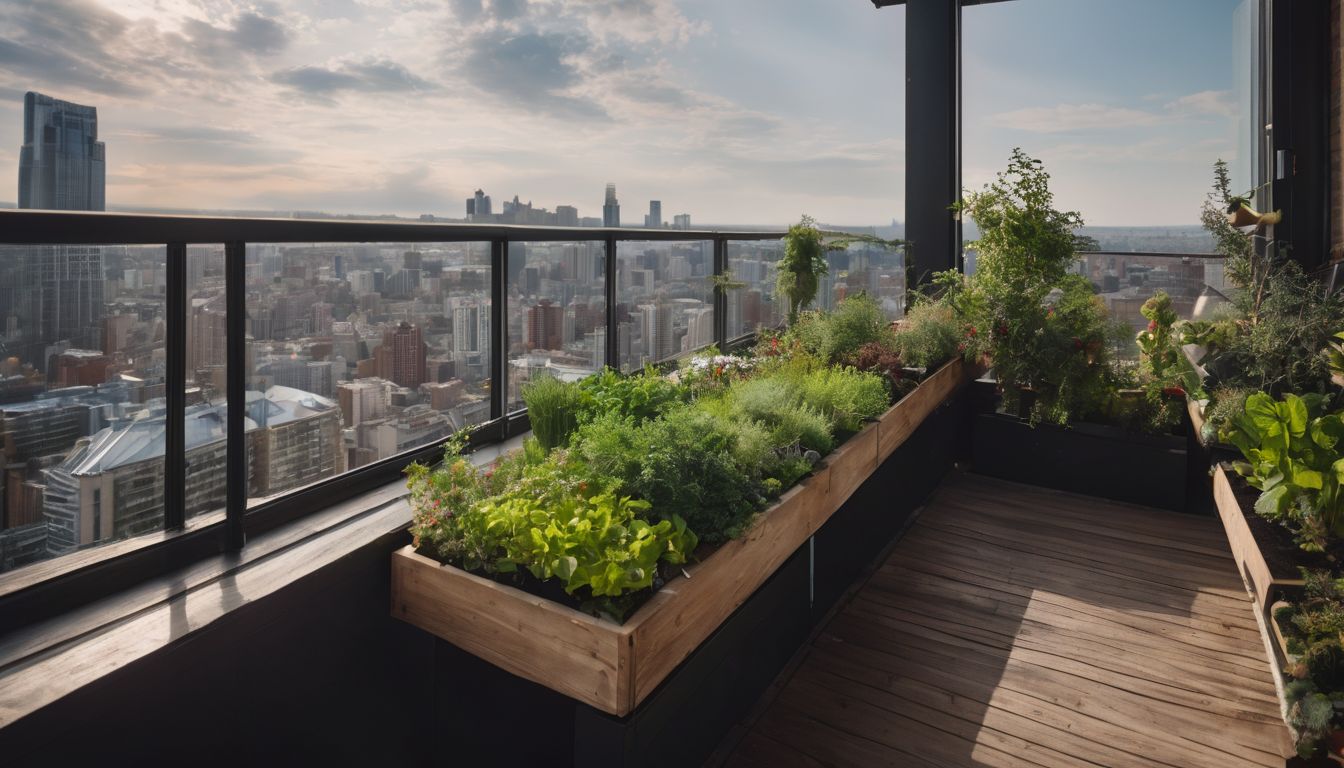Many of us are looking for ways to enjoy our daily habits without harming the planet. Craft tea is blossoming as a sustainable choice, steeped in tradition and care for the environment.
In this article, we’ll explore how selecting artisanal tea can benefit both your senses and Mother Earth. Dive into a world that blends flavour with eco-conscious living!
Key Takeaways
- Craft tea artisans use traditional methods passed down through generations, focusing on sustainable techniques to nurture crops and protect biodiversity.
- Tea production can affect the environment with issues like deforestation and water pollution, but sustainable practices such as organic farming help mitigate these impacts.
- Choosing organic and fair trade teas ensures farmers receive a fair wage while promoting environmentally friendly agriculture.
- Using reusable tea infusers and composting used tea leaves are simple ways to reduce the environmental footprint of drinking tea.
- Support for eco – friendly packaging in the craft tea industry helps minimise waste, with options like recyclable materials or loose leaf teas in reusable containers.
The Craft of Tea
Tea has a rich history as a craft, with artisans often passing down their knowledge and techniques through generations. It’s important to connect directly with these craftsmen to appreciate the artistry behind each cup of tea.
History of tea as a craft
Tea began as a simple plant, revered for its medicinal properties and enjoyed for millennia. Over time, it became more than just a beverage; it evolved into an art form with carefully honed techniques passed down through generations.
Master tea makers emerged, each adding their personal touch to the craft. These artisans would select the finest leaves by hand, developing unique blends and flavours shaped by local traditions.
As the demand grew globally, tea farming practices took on new forms to meet mass consumption while artisanal methods remained integral in many cultures. Skilled growers nurture their crops with sustainable techniques that respect biodiversity and water quality.
Tea enthusiasts today celebrate this heritage by seeking out smallbatch varieties that offer exquisite tastes alongside environmental sustainability. This mindful approach leads us towards understanding the importance of connecting directly with craftsmen.
Importance of connecting directly with craftsmen
Connecting directly with craftsmen is crucial for ensuring the authenticity and sustainability of tea production. By establishing direct relationships with artisans, consumers can gain a deeper understanding of the craftsmanship involved in producing their favourite teas.
This connection also allows for transparency in sourcing practices, ensuring that ethical and sustainable methods are employed throughout the production process.
Craftsmen play a vital role in preserving traditional techniques and supporting local communities. Engaging directly with them not only fosters a sense of appreciation for the artistry behind tea-making but also empowers consumers to support environmentally friendly and socially responsible practices within the industry.
This direct connection encourages accountability and promotes fair trade principles while contributing to the preservation of artisanal traditions.
Moving forward, reinforcing these connections between consumers and craftsmen will continue to foster a culture of sustainability within the craft tea industry, further promoting ethical sourcing practices that benefit both producers and the environment.
Environmental Impact of Tea Production
Tea production can have a significant environmental impact, including deforestation, water pollution, and greenhouse gas emissions. The techniques used in tea farming and processing play a crucial role in determining the sustainability of the industry.
Land management
Tea production involves the careful management of land to ensure sustainable practices. Farmers need to consider factors like soil health, water conservation, and biodiversity preservation.
Implementing agroforestry techniques or creating buffer zones around tea plantations can help reduce erosion, maintain soil fertility, and protect natural habitats for wildlife. By integrating these land management strategies into tea farming, it’s possible to minimise deforestation and promote a healthier ecosystem.
Efficient irrigation systems can also play a crucial role in conserving water resources on tea farms. Utilising drip irrigation or rainwater harvesting methods can reduce water usage while maintaining optimal growing conditions for tea plants.
Picking techniques
Tea production depends on careful picking techniques to ensure high-quality leaves. Skilled workers handpick the tender buds and young leaves, which minimises damage to the plant and encourages regrowth.
This traditional method promotes biodiversity and prevents soil erosion by maintaining the health of the tea bushes. Additionally, it supports local communities by providing employment opportunities and preserving artisanal tea products.
Smallbatch tea farmers uphold ethical standards through their meticulous approach to picking techniques, contributing to a sustainable global tea market.
Processing and finishing
Tea production involves several key processes in the finishing stage. After the leaves are harvested, they undergo withering to remove excess moisture and make them pliable for rolling.
The next step is oxidation, which creates distinct flavours and aromas in the tea. This is followed by heating or firing to halt the oxidation process and stabilise the flavour profile.
Finally, the tea leaves are sorted into different grades based on size and quality before packaging.
The finishing stage of tea processing requires careful attention to detail as it directly impacts the final product’s taste and aroma. Craftsmen meticulously oversee each step, ensuring that traditional techniques are used to preserve the integrity of the tea.
Sustainable Solutions in the Tea Industry
In response to the environmental impact of tea production, the industry has been implementing sustainable solutions such as organic farming practices, fair trade principles, and alternative packaging options.
These efforts aim to reduce the carbon footprint of tea production and support environmentally friendly practices.
Organic farming
Organic farming prioritises the use of natural and sustainable methods to grow tea, avoiding synthetic pesticides and fertilisers. This approach helps protect biodiversity and wildlife while reducing the risk of soil erosion.
By choosing organic tea, consumers support environmentally friendly practices that help preserve nature’s delicate balance.
Promoting organic farming ensures that tea production aligns with fair trade principles and reduces the environmental impact associated with conventional agriculture. By selecting organic tea, you contribute to a sustainable future for both farmers and the planet.
Fair trade principles
Tea produced through fair trade principles ensures that farmers receive fair compensation for their hard work while fostering sustainable agricultural practices. Fair trade encourages transparent supply chains, ensuring that tea is grown and harvested in an environmentally responsible manner.
By choosing fair trade tea, consumers can support local communities and help reduce the environmental impact of tea production, making a positive difference for both people and the planet.
Moving on to another aspect of sustainable solutions in the tea industry – alternative packaging options.
Alternative packaging options
Opt for eco-friendly packaging when purchasing your favourite craft teas. Seek out options such as recyclable or biodegradable tea bags, and avoid excessive packaging materials. This supports the sustainable practices of tea farmers and minimises environmental impact caused by non-recyclable waste.
When exploring alternative packaging options, consider investing in loose leaf tea to reduce single-use packaging. Loose leaf tea often comes in reusable tins or jars, promoting a more environmentally friendly solution while maintaining the freshness of your tea leaves.
Opting for these alternatives not only benefits the environment but also aligns with your commitment to sustainable living.
Tips for Reducing Your Tea’s Environmental Impact
Choose organic tea and use reusable tea infusers, as well as composting your used tea leaves to minimise your environmental impact.
Discover more ways to support sustainable tea practices by reading the full blog!
Choosing organic tea
When choosing organic tea, look for certifications such as USDA Organic or Soil Association to ensure that the tea is grown without synthetic chemicals or pesticides. By opting for organic tea, you support sustainable farming practices and minimise the environmental impact of tea production.
Organic farming methods promote soil health, biodiversity, and water conservation, making it an eco-friendly choice for environmentally conscious individuals.
Opting for organic tea not only benefits the environment but also safeguards your health by reducing exposure to harmful chemicals often used in conventional tea cultivation. Additionally, choosing organic tea supports fair trade principles by ensuring that farmers are paid a fair price for their produce and work under safe conditions.
Using reusable tea infusers
To reduce waste, choose a reusable tea infuser instead of single-use tea bags. These infusers are typically made from stainless steel or silicone and come in various shapes and sizes to accommodate different types of loose-leaf tea.
By using a reusable infuser, you can enjoy the convenience of brewing your favourite tea without contributing to unnecessary packaging waste or consuming additional resources.
Investing in a durable and reusable tea infuser not only helps minimise environmental impact but also elevates the overall experience of enjoying craft teas. Rather than relying on disposable options, embracing reusable alternatives aligns with sustainable living practices that benefit both the environment and your wellbeing.
Composting tea leaves
After using reusable tea infusers, another simple and effective way to minimise environmental impact is by composting used tea leaves. Composting tea leaves adds valuable nutrients to the soil and reduces waste in landfills.
The natural decomposition process of tea leaves enriches the soil, promotes biodiversity, and helps plants grow.
Tea leaves are high in nitrogen and other essential nutrients that contribute to healthy soil. By adding them to your compost pile or bin, you can create nutrient-rich fertiliser for your gardens or potted plants.
Conclusion
Craft tea offers a unique opportunity to support sustainable and environmentally friendly practices. By choosing locally sourced or handcrafted teas, consumers can directly contribute to preserving biodiversity and supporting fair trade principles in the tea industry.
Making small changes, such as opting for organic teas and using reusable infusers, can have a positive impact on reducing the environmental footprint of your daily cup of tea. Embracing eco-friendly options in the world of craft tea is an important step toward ensuring a greener future for both tea lovers and the planet.
FAQs
1. What is craft tea?
Craft tea refers to handcrafted tea, often made using traditional techniques and locally sourced ingredients, focusing on quality and sustainability.
2. How does the rise of craft tea affect the environment?
The rise of craft tea can lead to positive environmental impacts if eco-friendly farming techniques are used but may contribute to biodiversity loss if not managed responsibly.
3. Are there sustainable practices in the tea industry?
Yes, some farmers use sustainable tea farming techniques that preserve biodiversity and reduce environmental harm, contributing to a more sustainable future for the industry.
4. Can I find environmentally friendly options when buying craft tea?
Certainly! Look for brands that promote ecofriendly practices; they often provide locally sourced teas produced with minimal impact on nature.





